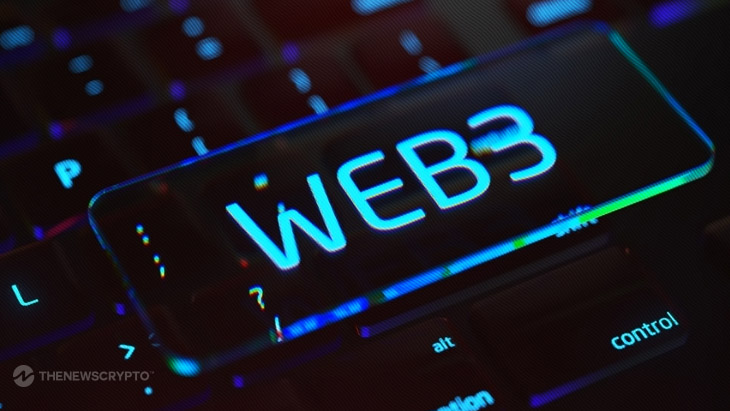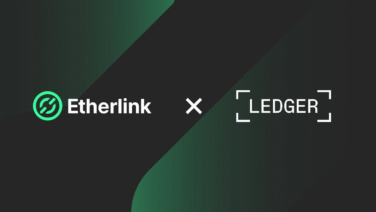Syntropy has announced today that it is renaming to Synternet, a move that highlights its progress and reaffirms its commitment to powering the future of Web 3.
In addition to a visual makeover, including a new color scheme, logo, and website design, the update will also be more closely aligned with the cutting edge technological advancements taking place in the background.
By coordinating the platform’s external image with its technical innovations and overarching goals, Synternet presents itself as a bonafide Layer-1 blockchain that drives the data infrastructure essential for a cohesive, composable Web3 ecosystem.
Daniel Haudenschild, CEO of Synternet stated:
“Synternet isn’t just a rebrand; it’s a declaration of our bold vision for the future of blockchain. By providing the data infrastructure for Web3, we’re laying the foundation for a more open, interoperable, and innovative decentralized web.”
CTO Jonas Simanavicius echoed these comments, adding:
“Our engineering team has been heads down building the technology to make the Synternet vision a reality. We couldn’t be more excited to invite the world to build and scale their dApps on our network in the coming months.”
Crucially, the shift from Syntropy to Synternet won’t have an impact on users’ $NOIA tokens, which continue to function on the Ethereum network without forcing token holders to take any action at this time.
As part of the Monaco phase of its 2024 Q2 roadmap, Synternet promises a number of significant advances in the months to come after the rebranding.
Among them are:
- The Synternet Blockchain’s mainnet debut, creating a strong foundation for cross-chain data streams that are updated in real time.
- The launch of a token bridge between Ethereum and Cosmos that is fully functional and allows for easy value transfers.
- Substantial improvements to ease participation and foster creativity on the network, as well as to improve the experience for publishers and developers.
When Syntropy was first established, its goal was to use blockchain technology to revolutionize the way that data traveled across the internet. The need for linked blockchains became evident as the Web3 ecosystem developed. The result of this development is the mainnet, which completes the transformation of the network into a powerful Layer-1 project that connects disparate chains into a synchronized, interoperable network that drives the data economy.
As of right now, the Web3 Data Layer has a skilled staff of more than fifty Web3 specialists, and its community has amassed about 100,000 members across a variety of social media channels. Its vision is also supported by over 16,500 token holders, and prominent blockchain-focused venture capitalists have committed $10 million in funding.








